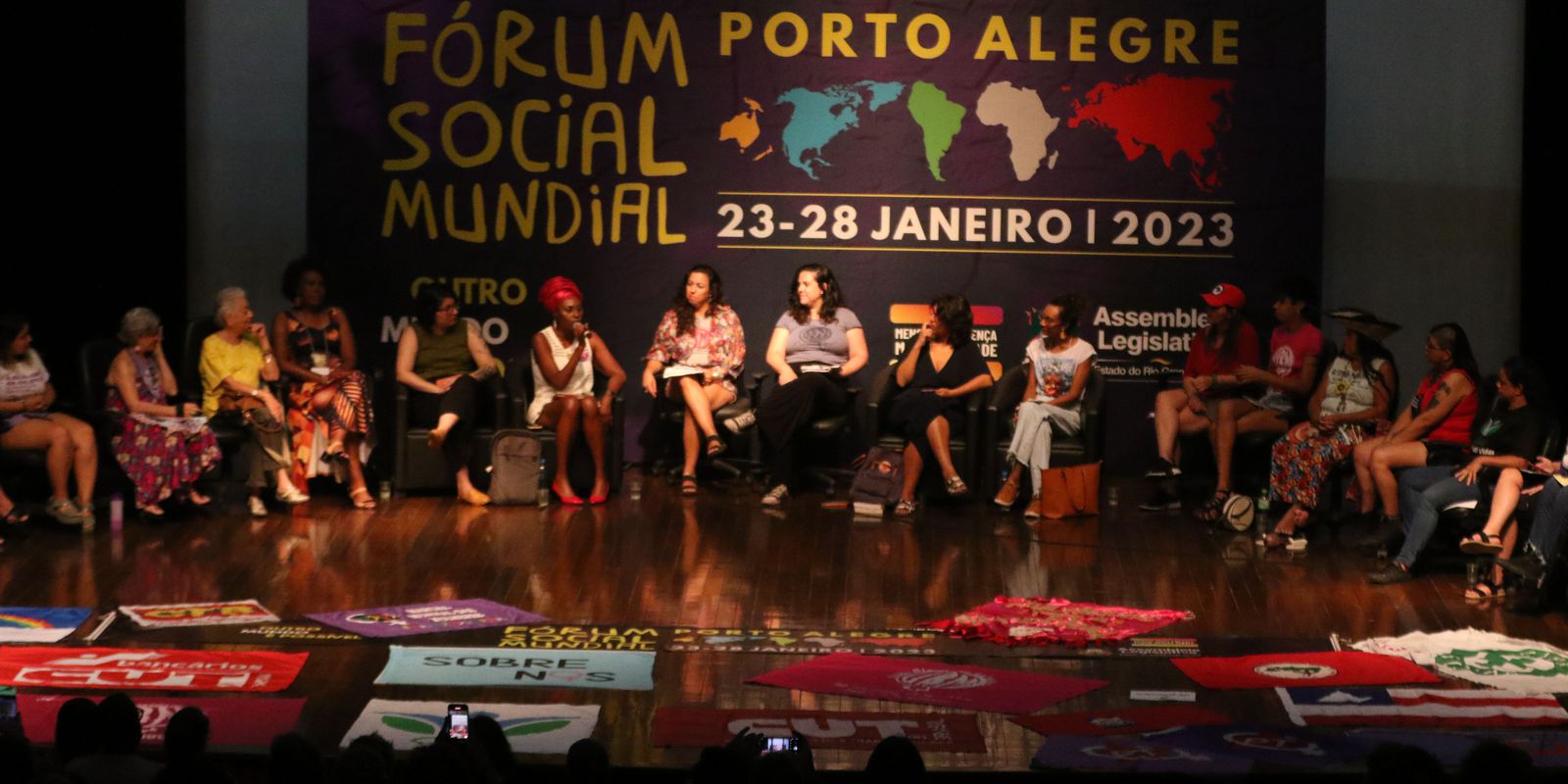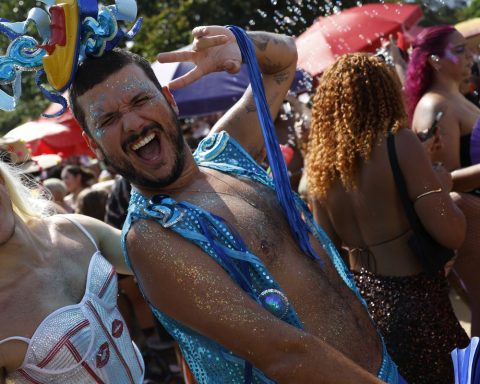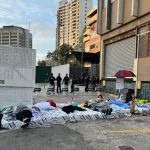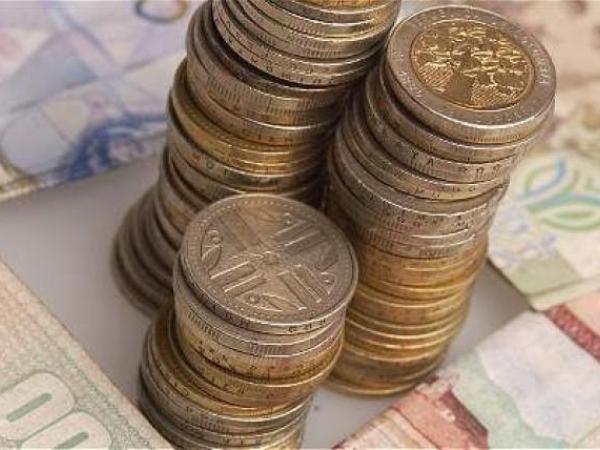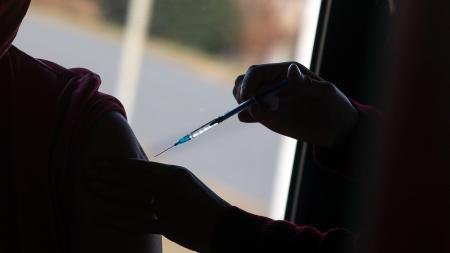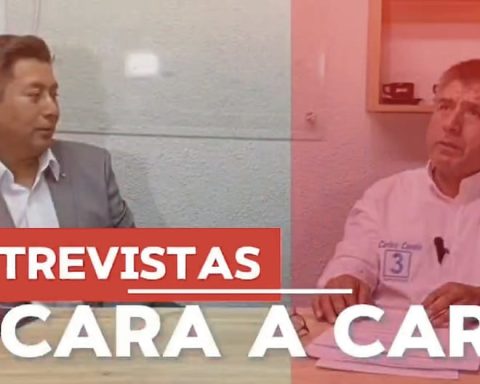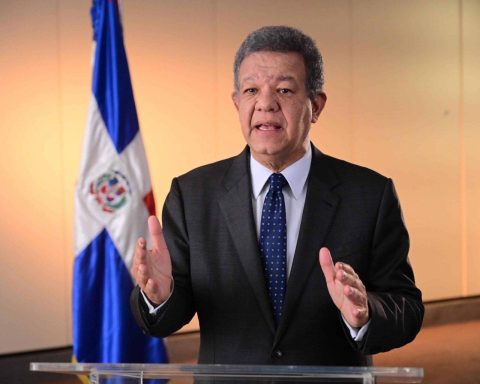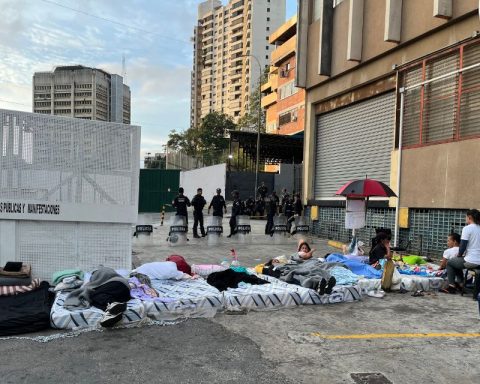During the week, a large white tent next to the Porto Alegre Public Market, in the center of the city, offered handcrafted products of the most diverse types at the Solidarity Economy Fair of the World Social Forum – WSF. The movement of the economy by artisans was also the subject of debate at a forum table, which had the participation of the secretary of Solidarity Economy of the federal government, Gilberto Carvalho
A universe of local and national networks still to be mapped, according to the minister, the solidary economy is an alternative for generating work and income for many people, especially women. Like Clarissa Silveira, who works with natural cosmetics at Benzer Aromas.
She said that the network has more than 30 producers throughout Brazil and that it offered products made by six entrepreneurs from Rolante, in the interior of Rio Grande do Sul, during the WSF. “We try to participate in solidarity economy fairs or artisanal products fairs, conscious care fairs, right?”, She emphasized.
He then explained that the work involves ancestral wisdom with scientific technology. “Our product has a differential that is also a rescue of knowledge of herbs, potions and ointments, but with new, updated knowledge of chemistry and pharmacy”, he added.
For her, it is necessary to establish a regulatory framework for the small cosmetics producer, as the current legislation is only linked to the large industry. “So, we are on the sidelines, right? The Roots. So, our issue of natural cosmetics begins with a regulatory framework that includes the artisan and artisan of cosmetics”, she observed.
natural cotton
Seamstress Rosilene Rodrigues Ramos participates in the Justa Trama cooperative network, which works with the entire natural colored cotton production chain. “Our cooperative has 25 seamstresses, but the whole process involves five states, with 780 members,” she said.
The work begins in Ceará, where light cotton is planted, with a beige hue, and in Mato Grosso do Sul, where brown cotton is planted. The yarn and fabric are made in Minas Gerais and distributed to the cooperatives that sew the clothes.
“We produce all the pieces and the rest of the scraps, nothing is thrown away, nothing goes into the environment, the scraps go to Rondônia, where dolls and games are made, things for children. In Rondônia, they also make the accessories that we use in our garments, such as necklaces and buttons, everything is made from natural material, the button is from coconut shell, the necklaces are from seeds native to that region”, explained the seamstress.
how it started
She recalled that the Justa Trama project started 18 years ago, in another edition of the forum, in Porto Alegre. “It started in a debate in a group that came together to make a difference. So, for us, the solidary economy is very gratifying”, she opined.
Also in the clothing area, the Senegalese known as Mama, in Brazil for 15 years, literally wears the product itself. She brings fabrics from Africa – very colorful and printed – to sell in Brazil, in addition to sewing clothes such as dresses, overalls, shirts and turbans.
“I have a shop and a sewing studio in São Paulo and I have seen an increase in demand for these fabrics here in Brazil. I do fashion shows everywhere, I wear famous people, made to measure. I participate more in Feira Preta, in São Paulo in November”, she said.
The Solidarity Economy Fair ran throughout the week at Praça XV de Novembro, with craft products such as earrings, necklaces, dolls, clothes, crochet and chestnuts.
